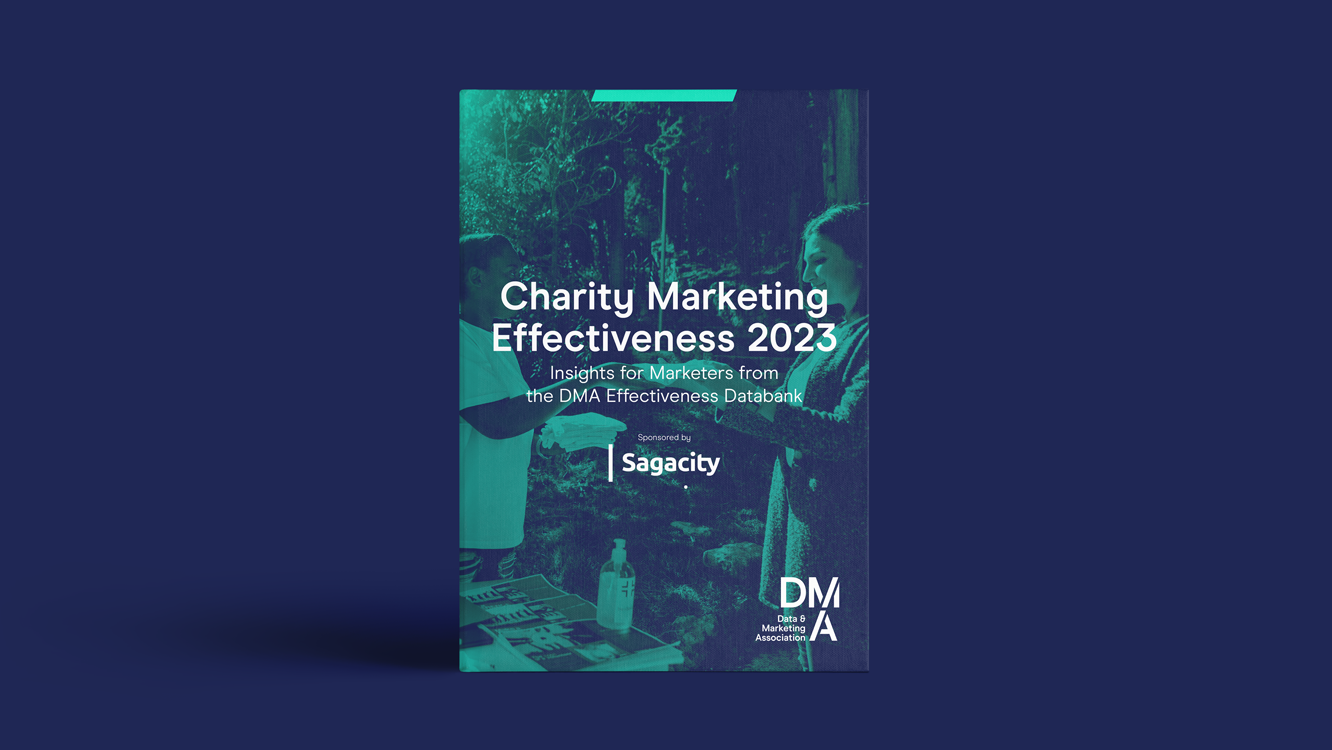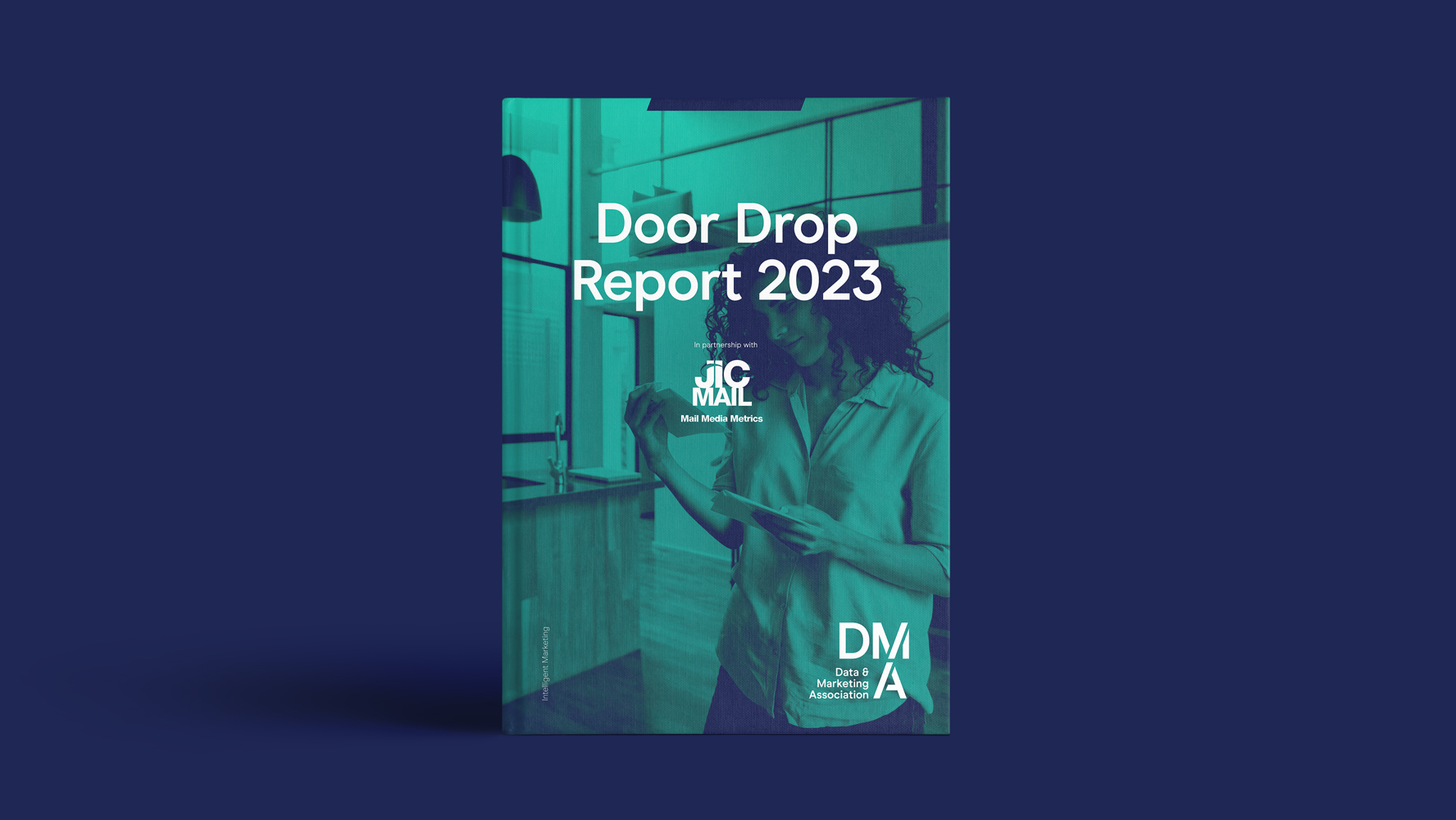Coronavirus: June 2020 - The Impacts on Business
08 Jul 2020

The fourth phase of the DMA’s study of the impact coronavirus is having on the data and marketing industry reveals continued concerns and uncertainty about the long-term future for many businesses.
As of the end of June, when this survey was conducted, there were limited signs that easing of lockdown measures are improving the mid- to long-term outlook. This may change as the key sectors like hospitality and travel begin to return in July. Overall, concern about the impact of the pandemic on their business remained high, with those ‘Very concerned’ increasing from 33% in May to 41% in this latest study.
Compared to the previous phase, these most recent results show little change in many of the areas asked about. Marketers still estimate revenues at half its normal levels (a drop of 44%), with ‘Business as usual’ capacity also remaining at around 65% – after a slight increase in the prior month.
It’s encouraging that a third of businesses (34%) are confident they can last beyond the next 12 months – up from just 15% when lockdown started. But it’s also of some concern that a quarter aren’t confident they’ll make it to the New Year (27%) and a further one in five aren’t sure how long they might last (21%) in the current conditions.
“This latest barometer of the businesses in our industry shows many are very concerned about the future. Revenues remain dramatically reduced and staff are understandably beginning to worry about the long-term impact on their organisations,” says Chris Combemale, CEO of the DMA. “As restrictions continue to be lifted in the UK, businesses must ensure they continue to put people first – both their customers and employees alike.”
Furloughed staff begin to return
The majority of data and marketing professionals are continuing to work from home (84%), even as restrictions on travel and workplaces are eased. Most expect to remain remote for the remainder of the summer too. Encouragingly, there has been a steady increase in skills development and training being made available to staff continues – up to 58% of organisations from 48% back in March.
Combemale continues: “Many in our industry will remain working remotely over the summer and potentially well into the autumn. One of the most encouraging figures amid the lockdown has been the number of organisations taking this opportunity to offer their teams the opportunity to develop and learn during this period. We continue to offer a full range of data and marketing development opportunities, available via our virtual classrooms while face-to-face sessions are still not available.”
Half of businesses are utilising the government’s furlough scheme (51%) and estimate that they have around 7 members of staff set to return over the coming months. The changes to the scheme in August are causing some concern among those surveyed that this could make redundancies more likely (48%). Although slightly more expect a phased approach using part-time return to work (56% ‘More likely’) and some staff remaining on furlough for a while longer (21% ‘More likely’).
Confidence and trust declining
One of the most notable changes in June was the increase in the belief that coronavirus was harming public trust in brands and marketing – up to 29% from 17% in May. Sentiment about the impact of the UK Government’s rollout of the ‘Test, track and trace’ programme on the data and marketing industry also continues to worsen. Over half (57%) of industry professionals now believe this will negatively impact consumer willingness to share personal data – up from 42% in May.
This may also explain the continued decline in confidence the data and marketing industry appears to have in government. In March, almost two-thirds of respondents (64%) said they were confident in the nation’s leaders, this has now halved to just 32% in June.
Combemale adds: “Data is an essential part of both controlling the virus as lockdown is eased, but also the continued smooth running of the modern digital economy and recovery for many businesses in the UK. Businesses rely on consumer confidence and trust; without which they are unwilling to share their data with organisations. It’s concerning to see the level of negative feeling toward the government’s handling of the ‘Test, track and trace’ rollout. If not resolved, this could have a lasting impact on our industry and the long-term health of the digital economy.”
The DMA’s Coronavirus Survey will remain open over the coming months, so please continue to share how the outbreak is affecting you, your organisation and the industry: https://dma.org.uk/research/dma-coronavirus-survey-tell-us-how-the-dma-can-help-you
Full results of the survey are available to download here:
Coronavirus: June 2020 – The Impacts on Business



.png)
Please login to comment.
Comments